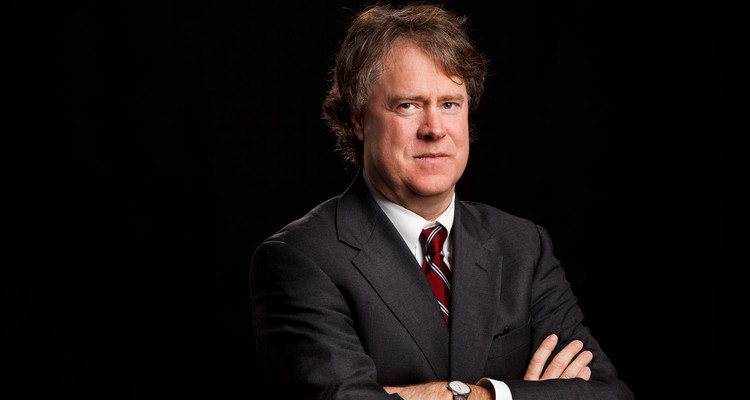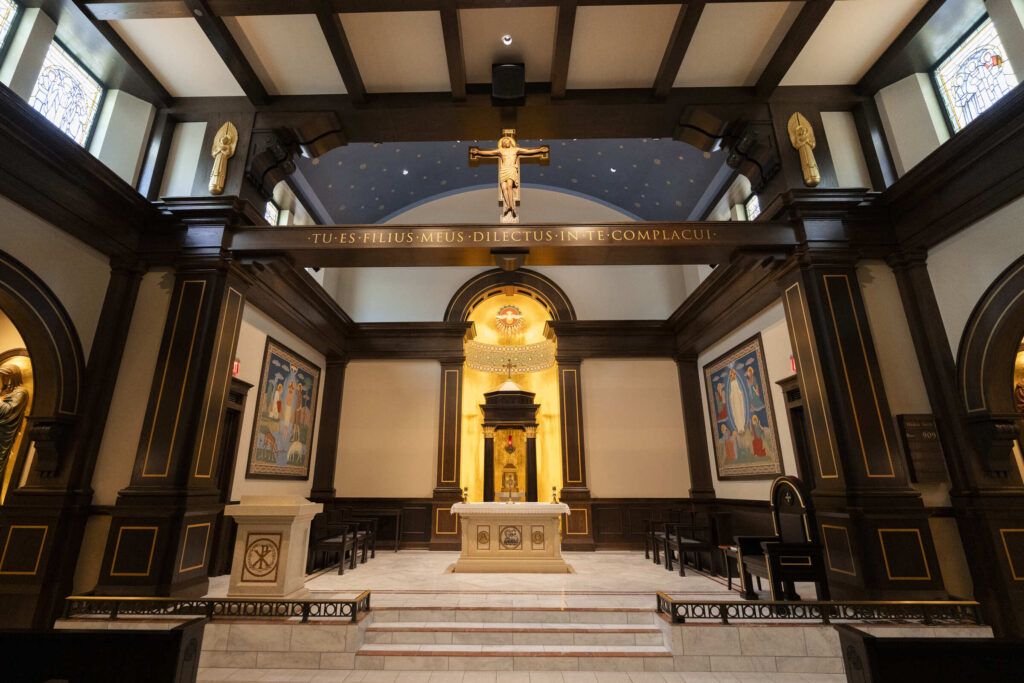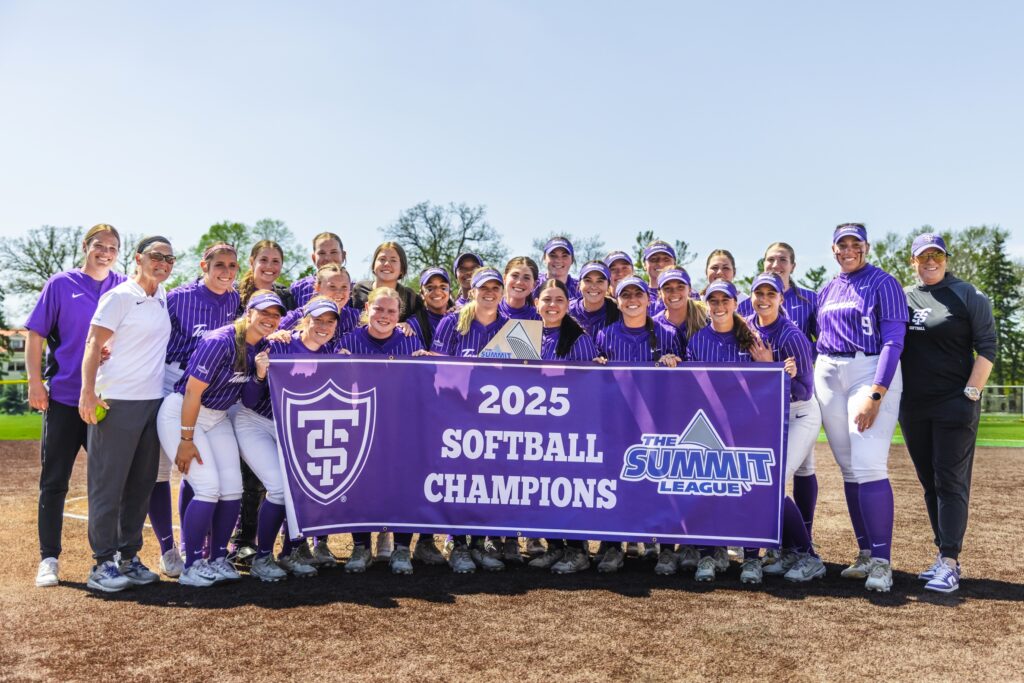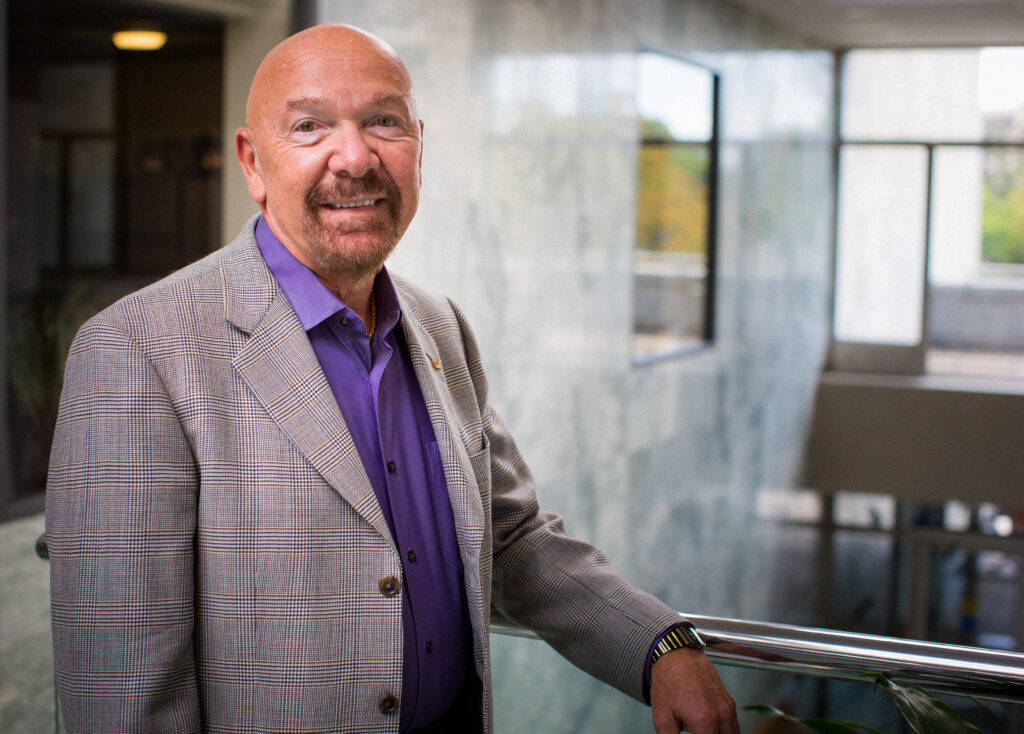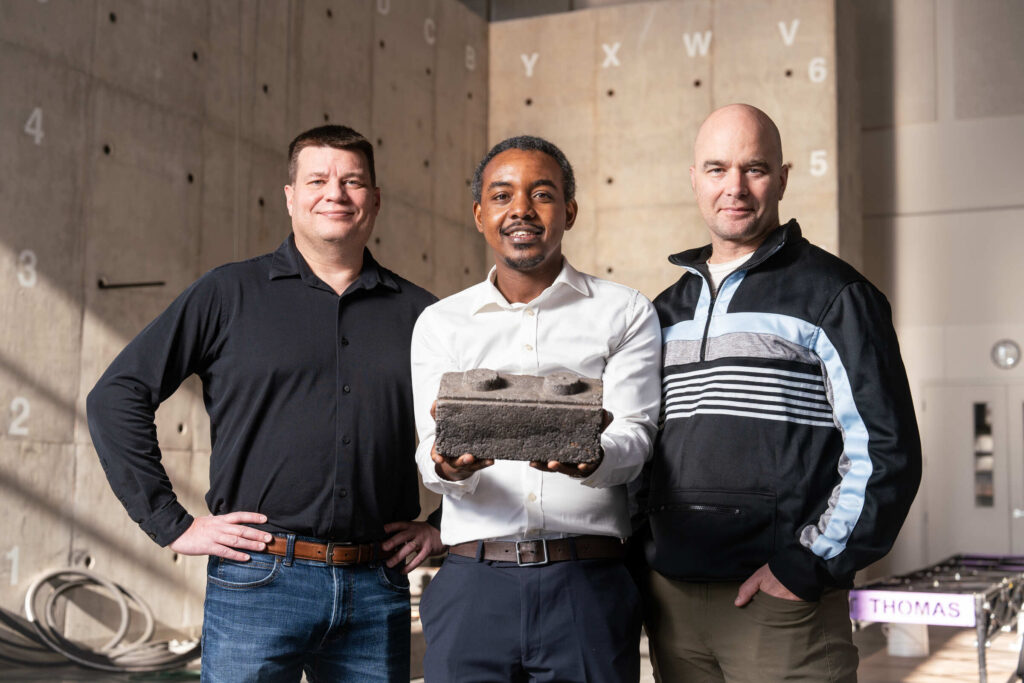University of St. Thomas School of Law Professor Mark Osler spoke at the White House on Thursday, March 31, to discuss and share ideas on President Barack Obama’s clemency initiative alongside other advocates, academics and Administration officials.
Osler, a former federal prosecutor who played a role in striking down the mandatory 100-to-1 ratio between crack and powder cocaine in federal sentencing guidelines, was invited to be a part of the Life After Clemency event, which involves officials from the White House and the Department of Justice, as well as commutation recipients. He spoke on a panel moderated by Assistant Attorney General Karol Mason.
The event came just one day after Obama announced 61 new grants of commutation to individuals serving time as a result of outdated sentencing laws. As of March 30, Obama had commuted the sentences of 248 individuals, 92 of which were life sentences.
Osler has been critical of Obama’s action on clemency, on March 30 telling The Washington Post, “Sixty-one grants, with over 9,000 petitions pending, is not an accomplishment to brag about. I know some of those still waiting, men who were grievously over-sentenced, who have reformed themselves, and never had a record of violence. My heart breaks for them, as their hope for freedom—a hope created by the members of this administration—slips away.”
In August 2014, The New York Times Editorial Board endorsed a plan for clemency reform proposed by Osler and New York University law professor Rachel Barkow. One year later, Osler and Barkow opened the Clemency Resource Center, a pro-bono, pop-up law office housed at NYU that exclusively prepares petitions for federal clemency. Two of the seven lawyers recruited to staff the Center are graduates of St. Thomas Law. Osler also is active in the national initiatives Law Enforcement Leaders to Reduce Crime and Incarceration, and Clemency Project 2014.
St. Thomas Law Professor Hank Shea also was an invited guest at the Life After Clemency event.
